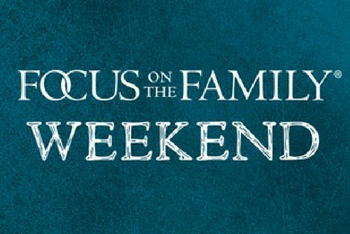When John Lewis, an American congressman and civil rights leader, died in 2020, people from many political persuasions mourned. In 1965, Lewis marched with Martin Luther King, Jr. to secure voting rights for black citizens. During the march, Lewis suffered a cracked skull, causing scars he carried the rest of his life. “When you see something that is not right, not just, not fair,” Lewis said, “you have a moral obligation to say something. To do something.” He also said: “Never, ever, be afraid to make some noise and get in good, necessary trouble.”
Lewis learned early that doing what was right, to be faithful to the truth, required making “good” trouble. He would need to speak things that were unpopular. The prophet Amos knew this too. Seeing Israel’s sin and injustice, he couldn’t keep quiet. Amos denounced how the powerful were oppressing “the innocent and tak[ing] bribes and depriv[ing] the poor of justice in the courts,” while building “stone mansions” with “lush vineyards.” (Amos 5:11–12). Rather than maintaining his own safety and comfort by staying out of the fray, Amos named the evil. The prophet made good, necessary trouble.
But this trouble aimed at something good—justice for all. “Let justice roll on like a river!” Amos exclaimed (v. 24). When we get into good trouble (the kind of righteous, nonviolent trouble justice requires), the goal is always goodness and healing.
Source: Our Daily Breat
 Hour of Inspiration
Hour of Inspiration  Focus on the Family weekend edition
Focus on the Family weekend edition